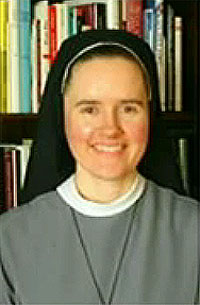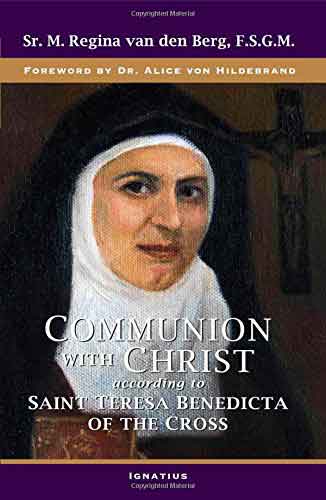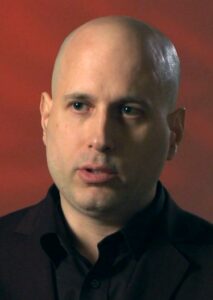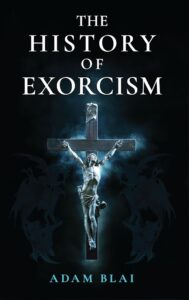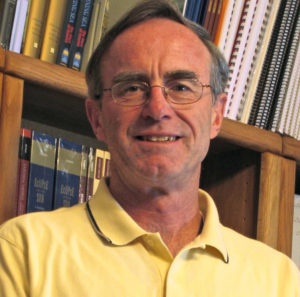
Podcast: Play in new window | Download (Duration: 30:23 — 21.0MB) | Embed
Subscribe: Apple Podcasts | Spotify | Amazon Music | Android | Pandora | iHeartRadio | JioSaavn | Podchaser | Gaana | Podcast Index | Email | TuneIn | Deezer | Anghami | RSS | More
Anthony Ryan – Saint Thérèse of Lisieux by Fr. Didier-Marie Golay on Inside the Pages with Kris McGregor
Kris McGregor and Anthony Ryan discuss the book St. Thérèse of Lisieux: Living on Love, an extraordinary compilation about St. Thérèse of Lisieux’s life and spirituality. Published by Ignatius Press, this book includes over 150 stunning photos and artworks, combined with deep insights into St. Thérèse’s life, family, and spirituality.
The book, created by Fr. Didier-Marie Golay, a Carmelite priest, offers a comprehensive exploration of not only St. Thérèse but also her family’s crucial role in shaping her spirituality. The Martín family—her parents, siblings, and extended relatives—are portrayed as a deeply Catholic family whose love and faith formed the foundation for Thérèse’s famous “little way.”
Providing an immersive experience, it offers readers insight into the struggles and sufferings of the Martín family, including the loss of four children and the challenges faced by Thérèse’s sister Léonie, who struggled with behavioral and health issues, possibly on the autism spectrum. Despite these hardships, the family’s devotion to faith, love, and service to others became central to St. Thérèse’s formation.
It’s a perfect gift for anyone seeking to deepen their faith and learn from St. Thérèse’s life of love and prayer!
Discerning Hearts Reflection Questions
- Embracing the Little Way
How can I follow St. Thérèse’s “Little Way” by offering small, everyday acts of love to God? - Offering Sacrificial Love
Am I willing to endure personal discomfort or inconvenience to show love to others as an offering to God? - Living with Humility
Do I recognize and accept my limitations while trusting in God’s greatness to work through my humble efforts? - The Power of Prayer
How can I strengthen my prayer life and trust in the intercession of the saints, especially St. Thérèse? - Childlike Trust in God
Do I cultivate a childlike trust in God’s providence, allowing Him to guide my decisions and bring peace to my heart?
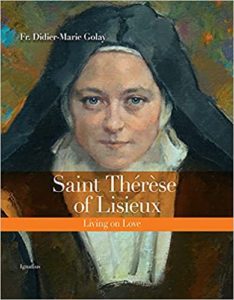 From the book description:
From the book description:
“Thérèse of Lisieux is one of the most popular modern saints in the world, but the details of her life and spirituality are still not widely known and are somewhat of a mystery even to her devoted followers.
With over 150 stunning photographs, in-depth text, and plentiful sidebars on history, geography, and themes, this gorgeous work helps us enter into the universe of “the greatest saint of modern times” to discover the simplicity, yet depth of her daily life and of her relationships, both human and spiritual.
It invites us to a personal encounter with Thérèse, who once wrote, “I am your sister, your friend; I will always watch over you.” It invites us also to discover her appealing and rich spirituality of “the little way”. Patroness of missions, Doctor of the Church, this Carmelite sister, who died at only twenty-four, has not ceased to surprise us and to spread her powerful message of love and trust across the world.
Her whole life of can be encapsulated in her poem “Living on Love”: a passionate love of Christ lived out in the everyday, in the joys and trials of life, in inner and outer sufferings. Living on love is a spiritual program for life, but to live it requires a special grace for which we must ask, especially through the intercession of the “Little Flower” of Jesus. This unique, very beautiful and moving work will inspire readers to desire to imitate St. Thérèse in “living on love”.”

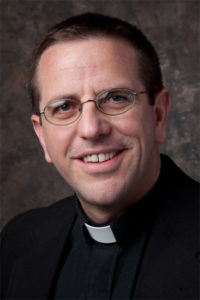
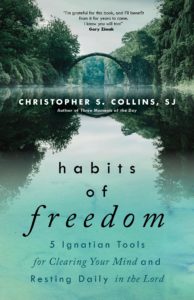
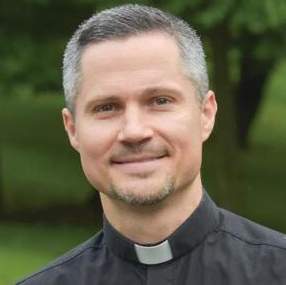
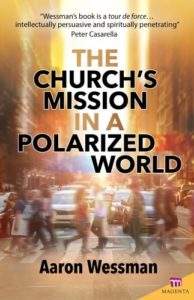
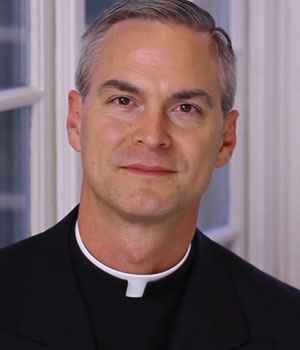
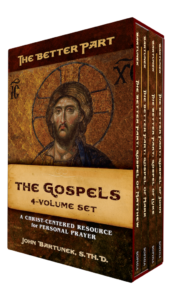

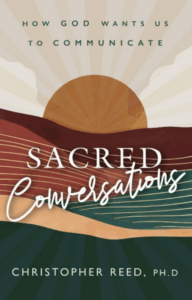 From the book’s description:
From the book’s description: